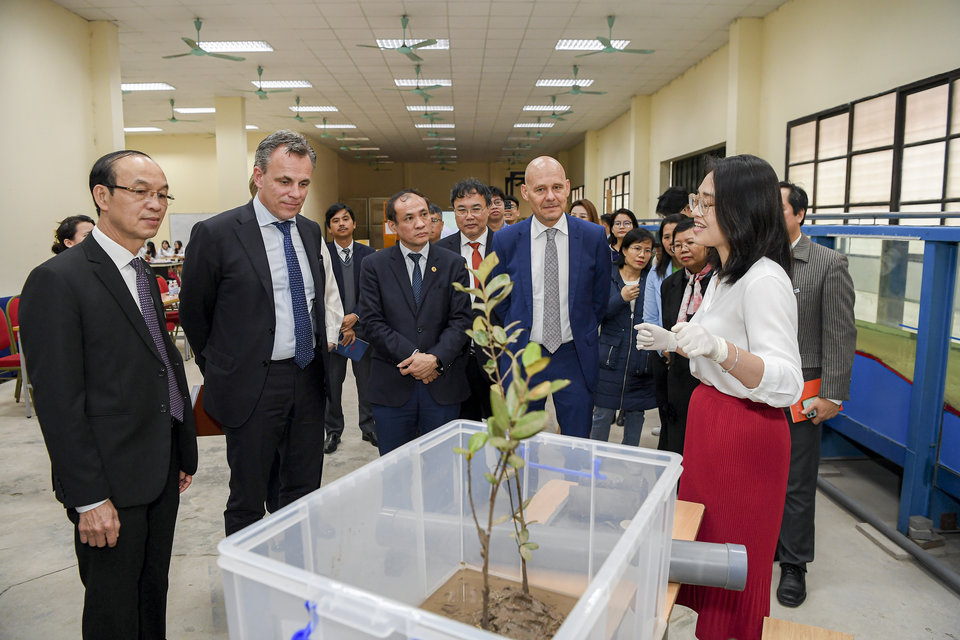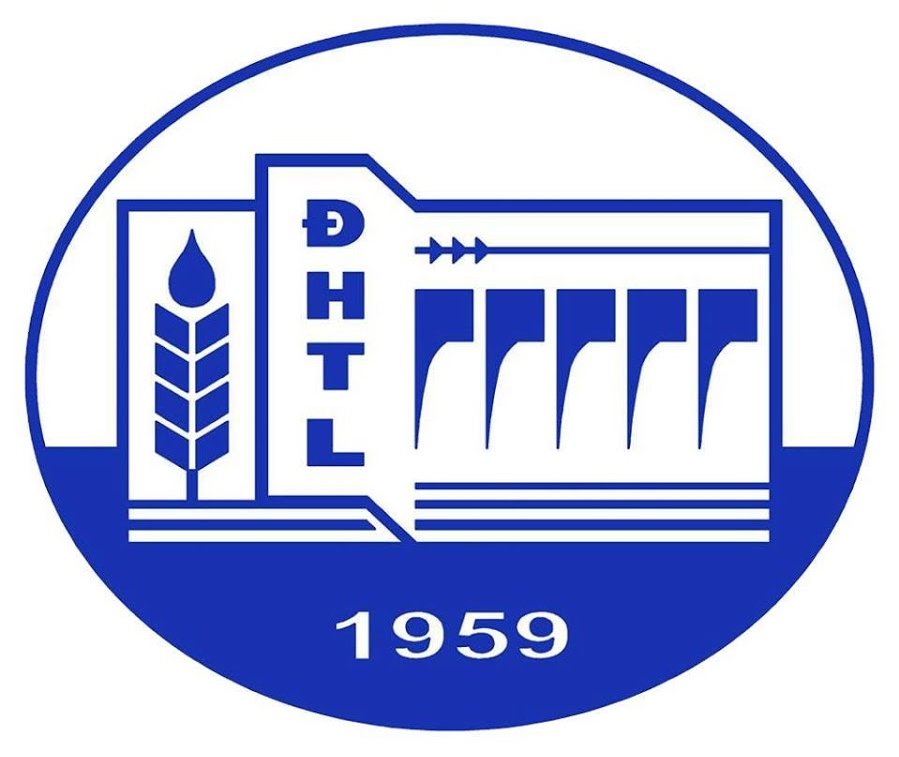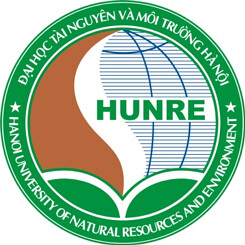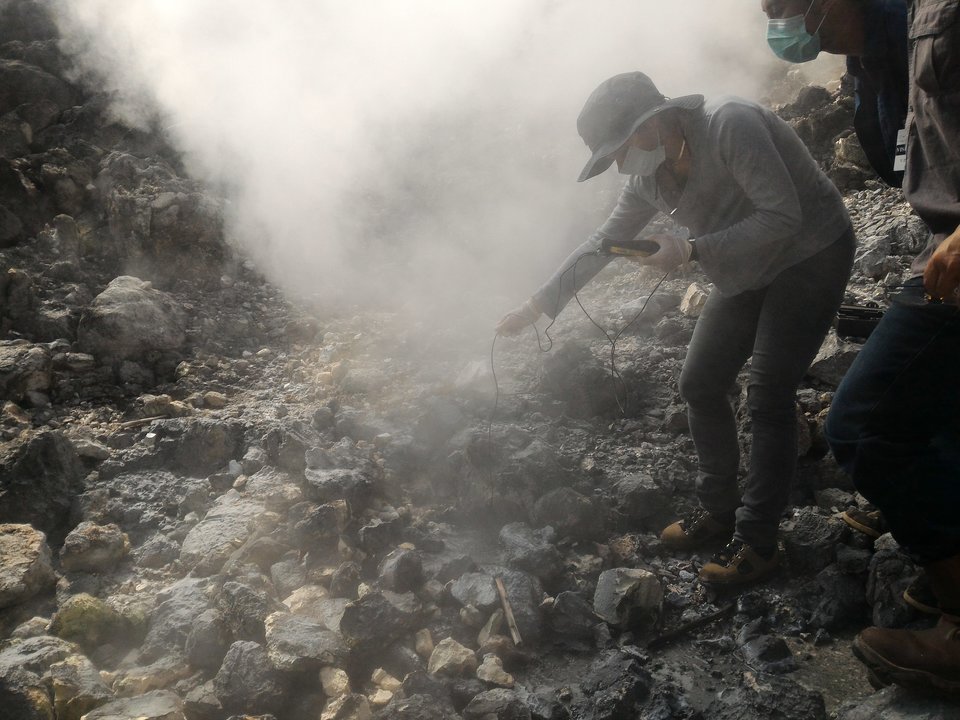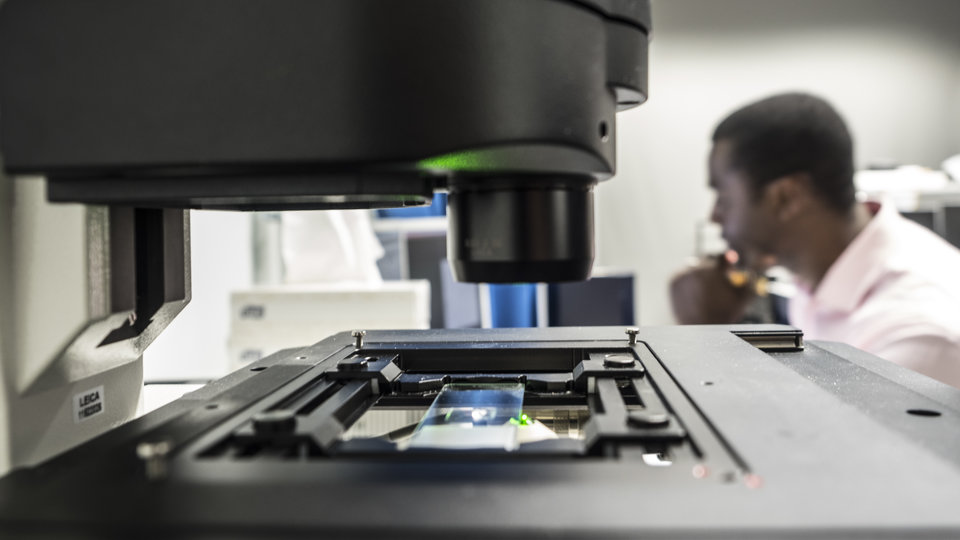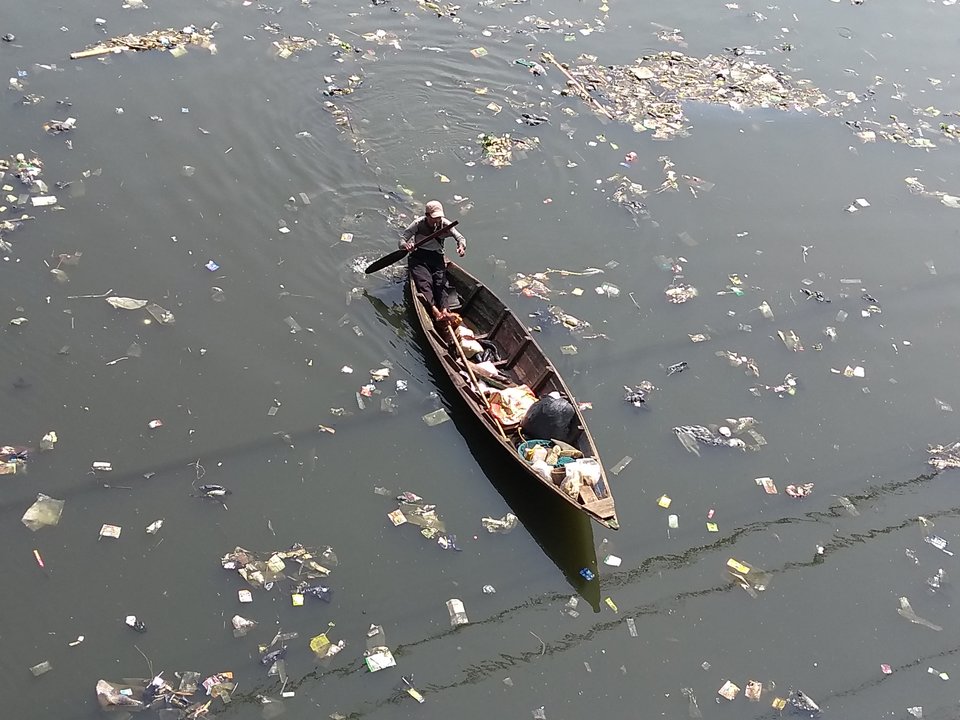Mangrove Living Lab
An open-air laboratory for coastal protection and nature-based solutions
Living labs are a new way of developing and applying knowledge. Living labs involve all the different parties required for identifying solutions to social issues. It is not just about technical progress, but also about social innovation. We often see multiple problems come together, and living labs are a particularly suitable tool for addressing these types of complex problems
Jasper Deuten, Coordinator Rathenau Institute
Project Updates
Introduction
The Mekong Delta in Vietnam is facing a dire threat of near-complete submersion by the end of the century unless urgent actions are taken throughout the river basin. Without intervention, this delta, home to nearly 20 million people, could see up to 90% of its land underwater, with profound local and global consequences. Land subsidence, accelerated by human activities like excessive groundwater extraction and aggravated by sea level rise, is causing the delta to sink below sea level. To address this crisis, it is essential to implement measures that harness natural processes to protect against devastating and recurrent flooding. Collaboration from national governments, international organizations, the private sector, and civil society is crucial.
The submersion of the Mekong Delta is threatening and affecting the vulnerable communities, particularly those situated near the six estuarine river mouths, but also local fishermen and women, the local agricultural and aquacultural sector and indirectly the global seafood importers and consumers. Furthermore, the decline of the mangrove ecosystems is a direct threat to the biodiversity in this area.
What is a living lab?
We define a living lab as a physical space in which to study and solve complex (bio-)physical and societal challenges by bringing together various stakeholders for collaboration and collective ideation and learning.
The aim of the living lab
The envisaged living lab in the Mekong Delta will serve as a platform and collection of relevant knowledge and lessons learned based on a variety of in-field scientific measurement campaigns in the Mekong Delta, and demonstrating a variety of solutions to relevant stakeholders on a permanent physical site. The two goals are as follows:
- Gaining better insight and knowledge through conducting of in-field measurement campaigns, long-term monitoring and a wide variety of research experiments.
- Demonstrating and showcasing various lessons learned and potential (nature-based) solutions for coastal management in Vietnam
Involved partners
At Thuy Loi University (TLU) and the various research institutes in Vietnam, there are a dozen of young researchers who have obtained their PhD at TU Delft in the field of coastal protection and nature-based solutions, specifically mangrove related research in the Mekong Delta. They are eager to apply their knowledge and skills for better mangrove and coastal projects in Vietnam. As two renowned universities in the field of coastal management and long-term partners (TLU and TU Delft) and together with the research institutes in the North and South of Vietnam, we developed together the idea of a mangrove living lab in the Mekong Delta. This permanent field site will be strengthened and complemented by a variety of short-term measurement campaigns in the form of a mobile lab. feel free to visit the websites of the involved universities:

